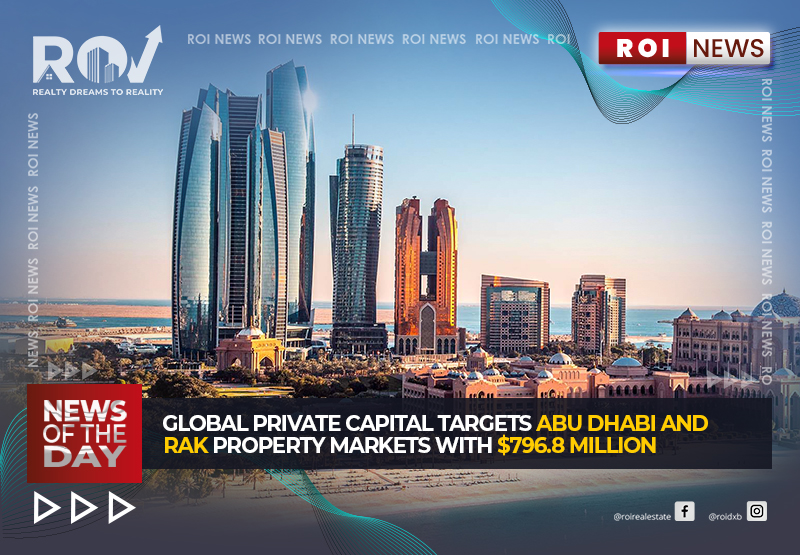
Global private capital targets Abu Dhabi and RAK property markets with $796.8 million
High-net-worth individuals (HNWIs) from around the world are willing to spend $408.3 million on residential real estate in Abu Dhabi and an additional $388.5 million in Ras Al Khaimah, according to a report.
According to global property consultancy Knight Frank’s second annual 2024 Destination Dubai report, HNWIs have a modest appetite to buy real estate in the UAE capital, with 23% expressing interest. This pattern quickly reverses as personal net worth increases. Indeed, while only 14% of those with a net worth of $2-5 million are interested in purchasing property in Abu Dhabi, 57% of those with personal wealth over $15 million want to buy residential property in the UAE capital.
Furthermore, Knight Frank highlights the success of the ‘Visit Abu Dhabi’ campaign, with 50% of GCC-based expat HNWIs and 67% of global HNWIs with a net worth of more than $20 million indicating that the Department of Culture & Tourism, Abu Dhabi’s global advertising efforts have positively influenced them to visit the city directly.
Shehzad Jamal, Partner – Strategy & Consultancy, MEA, explained: “Residential values in Abu Dhabi have remained relatively stable for the last four years, which has played a significant role in encouraging domestic buyers to transition from renting to owning. And with homes in Abu Dhabi trading for around Dh1,000 per square foot, they remain about one-third cheaper than Dubai, which is further adding to the appeal of home ownership in the city amongst domestic buyers. International buyers too have become increasingly active, contributing to the rising deal volumes now being recorded in the emirate.”
During 2023, Abu Dhabi recorded a record 15,653 property deals (up 73.7 percent from 2022), totaling Dh87.1 billion across all sectors, up from Dh61 billion in 2022. Notably, the capital welcomed 1,098 non-resident investors in 2023, representing a 175% increase over 2022.
Faisal Durrani, Partner – Head of Research, MENA, said: “While 40 per cent of HNWIs plan to purchase in Abu Dhabi purely for investment reasons, 8 per cent are keen on a primary residence in the city, while a further 15 per cent would consider buying a second home in the UAE capital. This is watershed moment for the city, which has often trailed Dubai in this area.
“Furthermore, the sale of a Nobu-branded 3-bedroom penthouse in March represented a significant milestone for Abu Dhabi’s residential market. This is not only because it is the most expensive property ever sold in the capital – both in terms of absolute price and price per square metre – but also because it signals Abu Dhabi’s emergence as a magnet for global capital. Indeed, this is reflected in the fact that the total value of sales to international buyers not residing in the UAE has jumped from just 3 per cent of all of Aldar’s home sales in 2021 to 28 per cent last year”.
Favourite hot spots in the capital
Even though it is not designated as an investment zone for international buyers, Abu Dhabi island (21%) is the most popular location for HNWIs to purchase property, according to Knight Frank. Saadiyat Island (16%), which hosts the F1 Grand Prix race in November and the Louvre and Guggenheim museums, has been named the second most likely target neighborhood for a real estate purchase.
Jamal added: “Villas on Saadiyat Island have performed well over the last 12 months, with prices rising by 10 per cent over the last 12 months. However, prices have been hovering at a glass ceiling of around Dh1,500 psf for over three years, which may indeed be why buyers are so keen on this location. By contrast, villa prices on the Palm Jumeirah in Dubai currently stand at around the Dh7,000 psf mark”.
GCC-based expat HNWIs’ top location choices in Abu Dhabi are Saadiyat Island (32%), Maryah Island (24%), and Saadiyat Island (33%).
Ras Al Khaimah
Away from the UAE capital, Knight Frank discovered that Ras Al Khaimah (RAK) (2%) is the fourth most likely property investment destination in the country for global HNWIs, trailing only Dubai (67%), Abu Dhabi (23%), and Sharjah (5%).
According to Knight Frank, the planned arrival of the Wynn Resort, including its responsible gaming venue, will play a significant role in transforming RAK’s fortunes.
Jamal said: “Ras Al Khaimah’s rugged natural landscape and adrenaline fuelled attractions stand in stark contrast to Dubai’s hyper-urban, skyscraper studded skyline. RAK has quietly carved out a niche for itself over the last 10-years, emerging as an alternative tourist magnet to Dubai. And the Wynn Resort is adding to the long list of growing attractions.”
According to Knight Frank, 46% of global HNWIs prefer RAK as a result of its economic transformation and growing tourism infrastructure. This figure increases to 75% of those with a net worth of more than $20 million.
UAE-based HNWI expats (80%) According to Knight Frank, Saudi-based HNWI expats (60%) view the arrival of the Wynn Resort as the most positive factor in considering RAK as a real estate investment destination.
Aiming for the big league
Thirty percent of global HNWIs say they are willing to spend $500,000 on property in RAK, which is less than Abu Dhabi’s $3.4 million. Budgets, on the other hand, increase rapidly as personal net worth rises. 37 percent of those with a net worth of more than $15 million, for example, would be willing to spend $2-4.9 million on real estate in RAK, while another 21 percent would be willing to spend more than $5 million.
According to Knight Frank’s report, East Asian HNWIs are most convinced by RAK’s tourism and hospitality offerings, with 28% willing to commit to spending $2-4.9 million for property in RAK, the highest of any of our HNWI regions.
Individually, GCC-based expats have the lowest budgets ($700,000), while global HNWI budgets range from $1.2 million for those with a net worth less than $5 million to $3.9 million for UHNWIs (net worth more than $20 million).
Durrani concluded, “What’s fascinating is that not only have we managed to unearth $388.5 million in private capital that is poised to move into the RAK property market, but that this figure is just 4.8 per cent lower than we’ve uncovered for Abu Dhabi, highlighting how quickly RAK’s appeal has grown globally both as a tourist destination and a property investment location”.

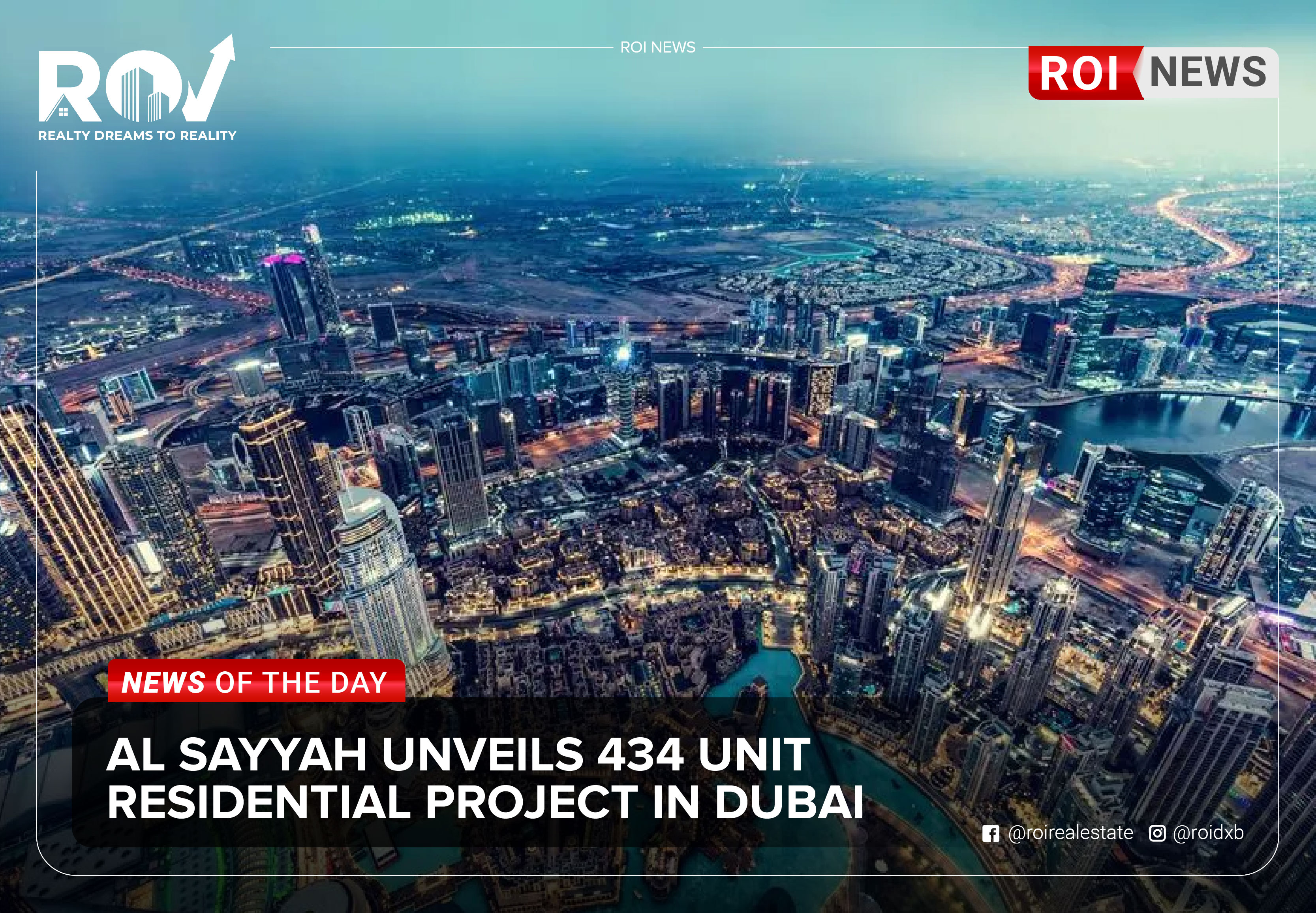
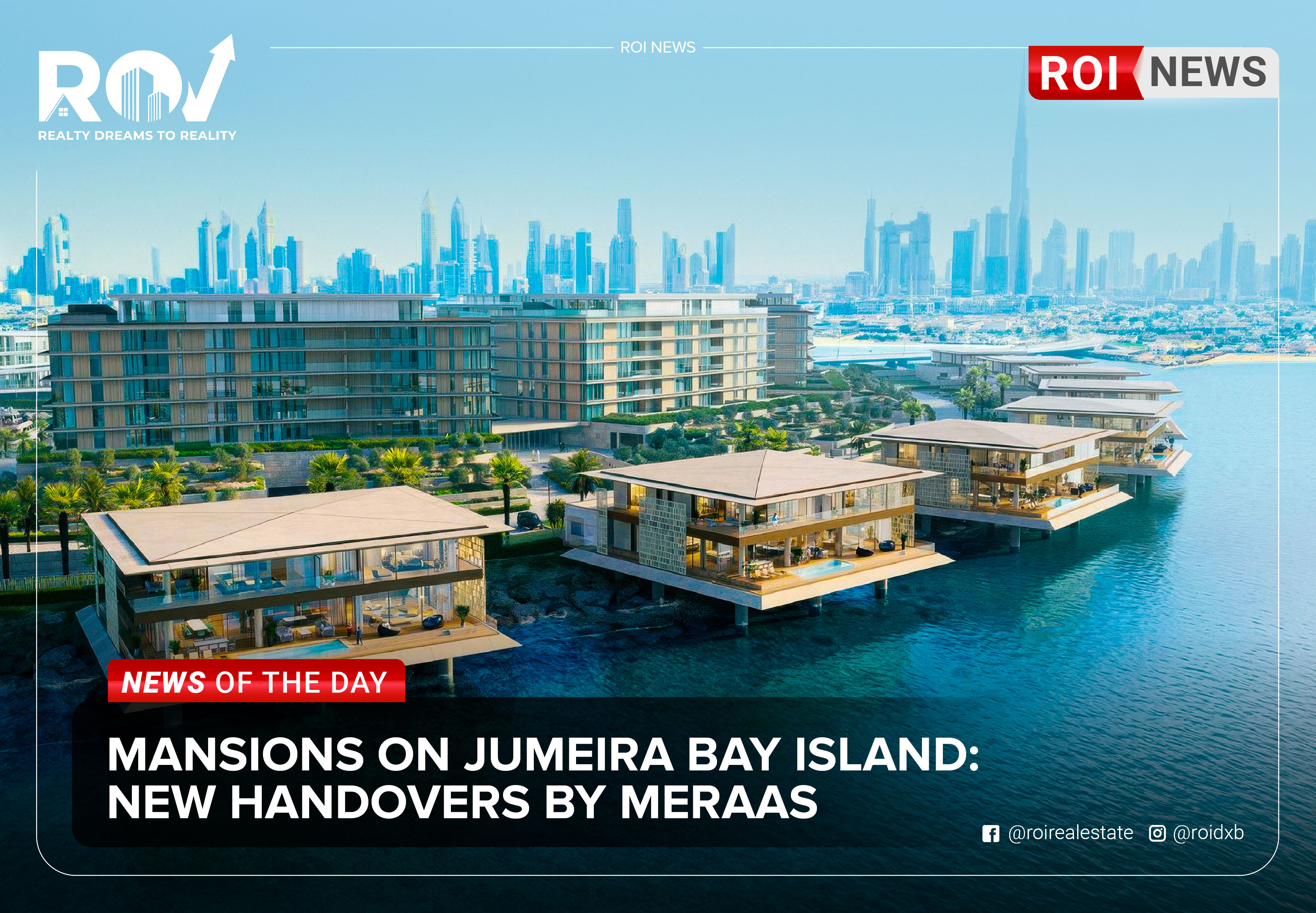
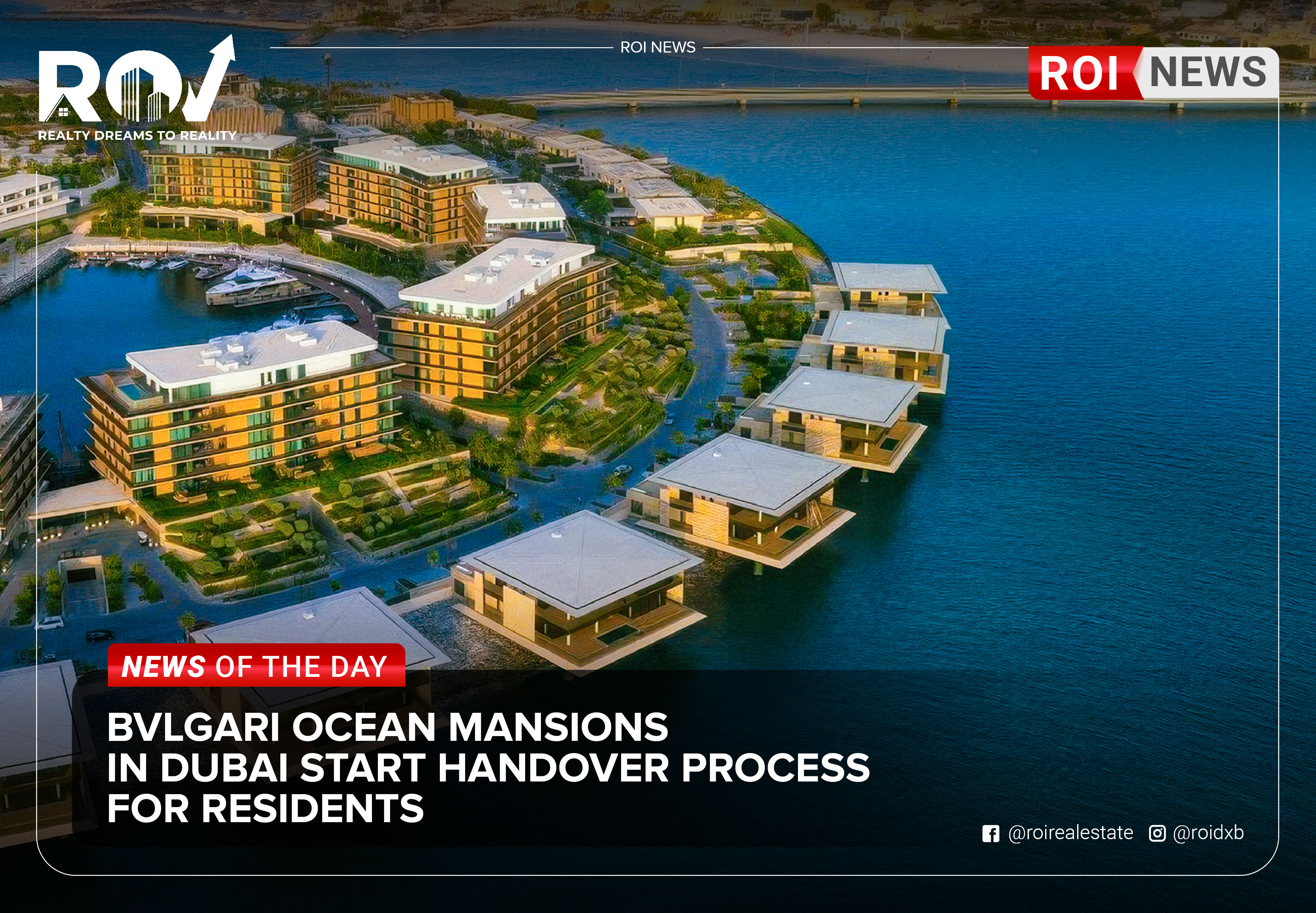
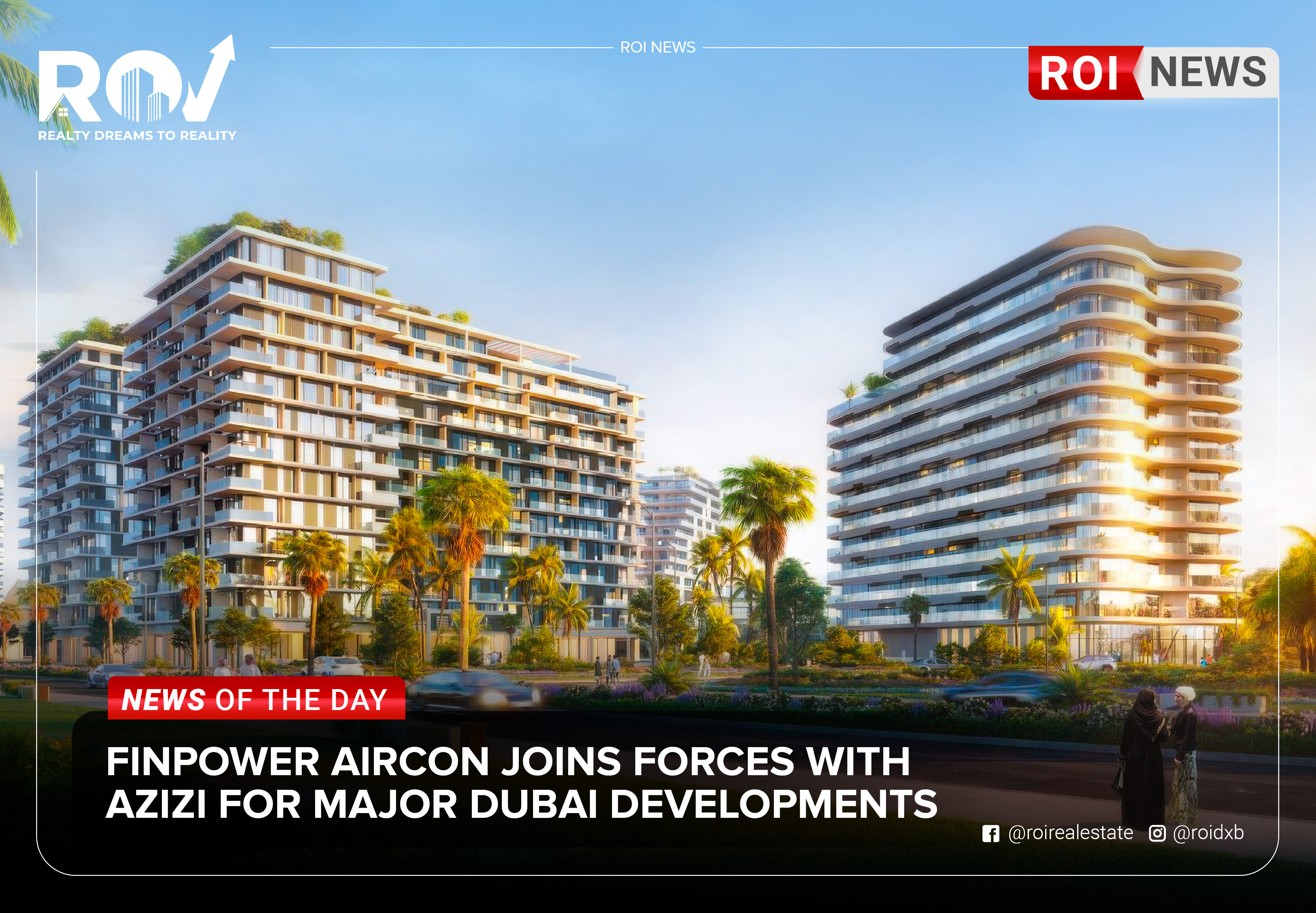
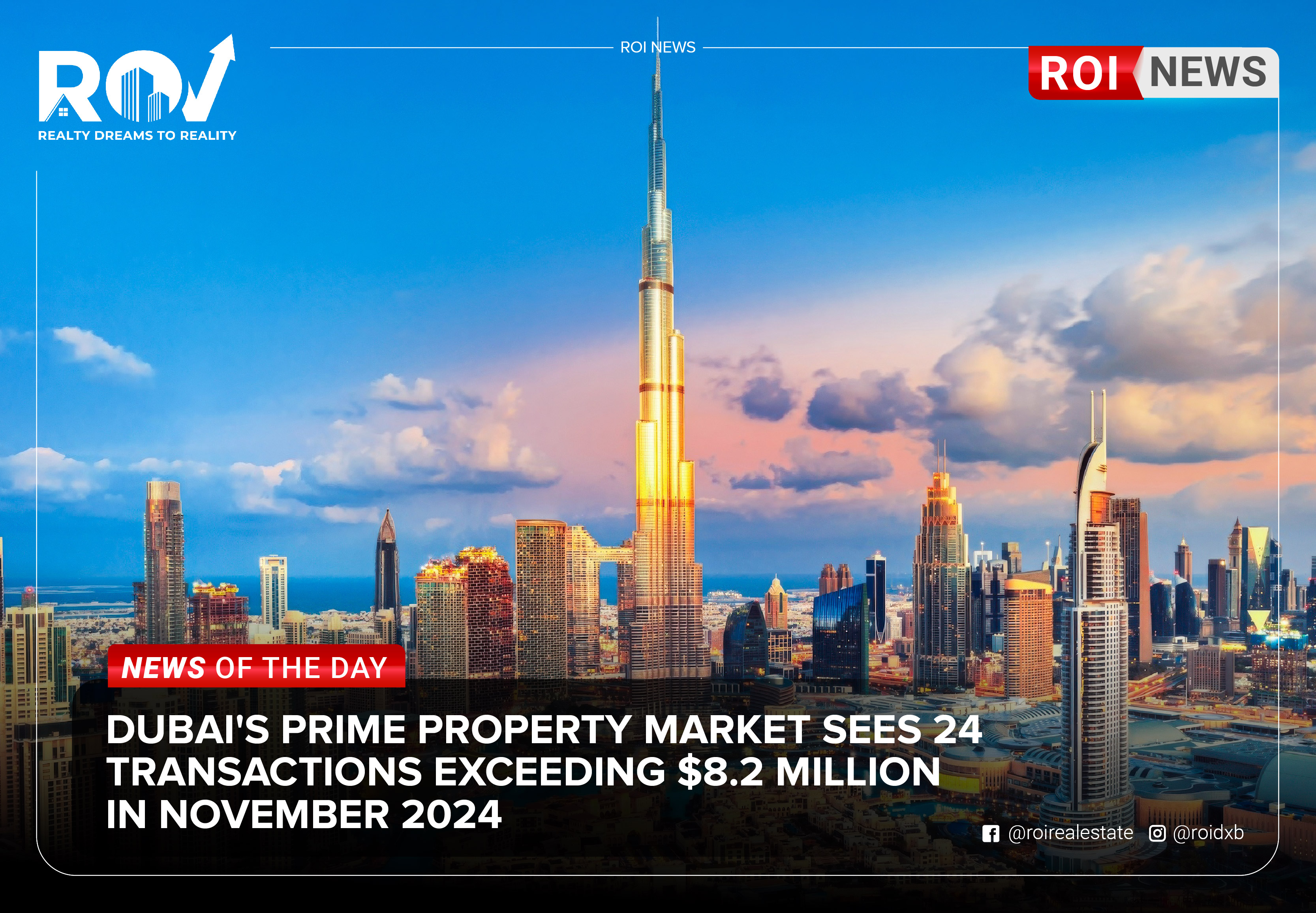
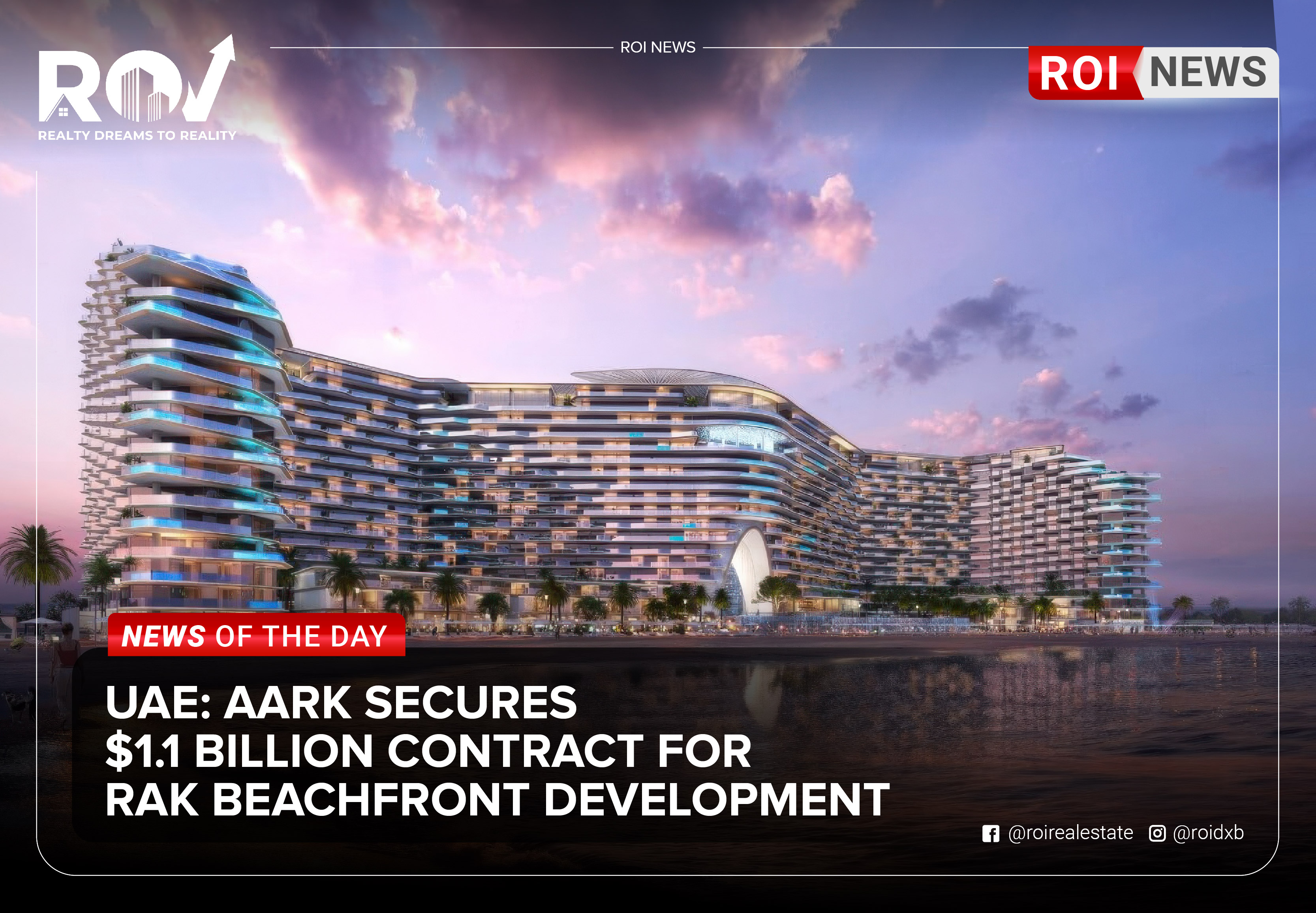

Comments (0)